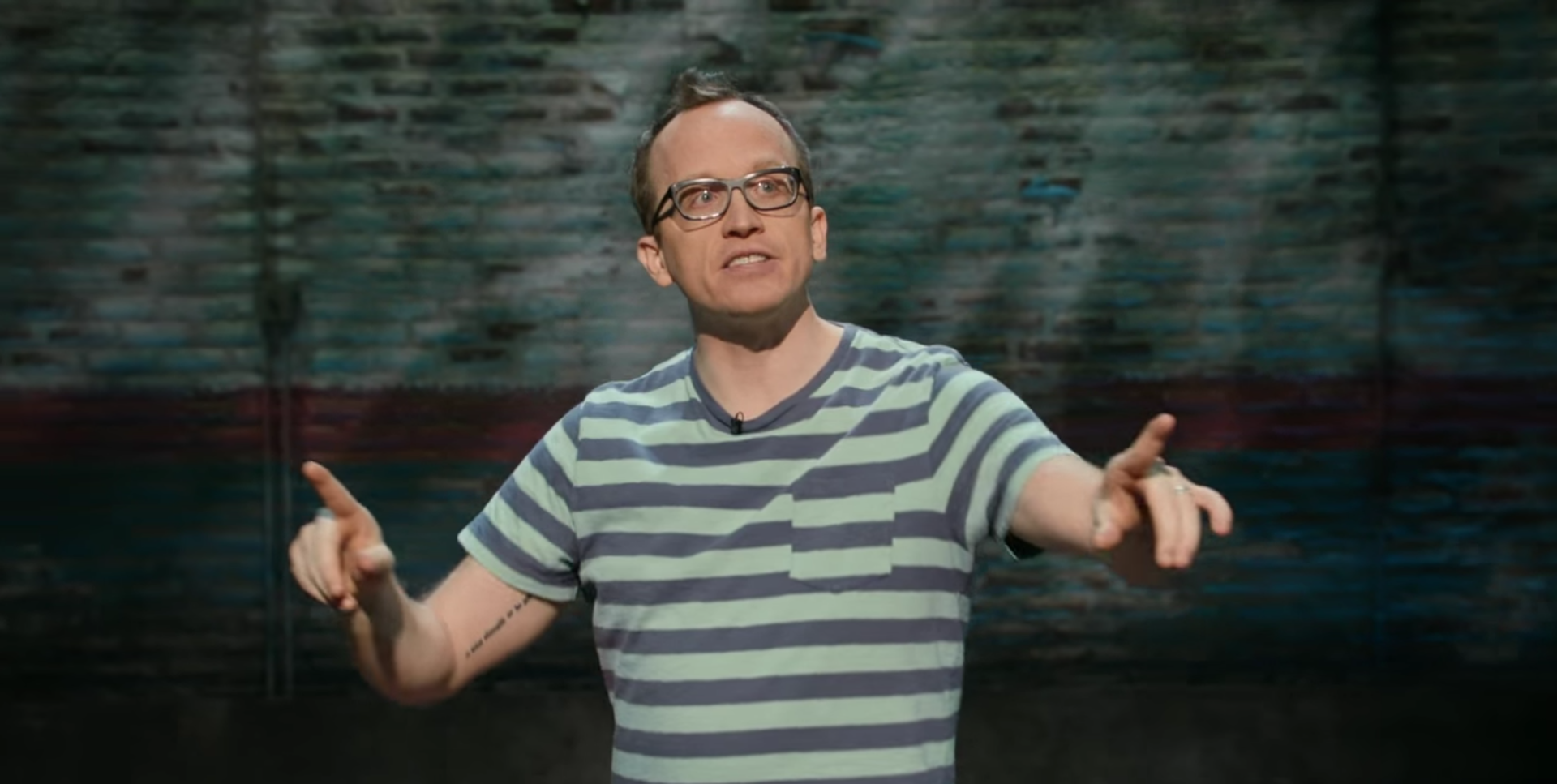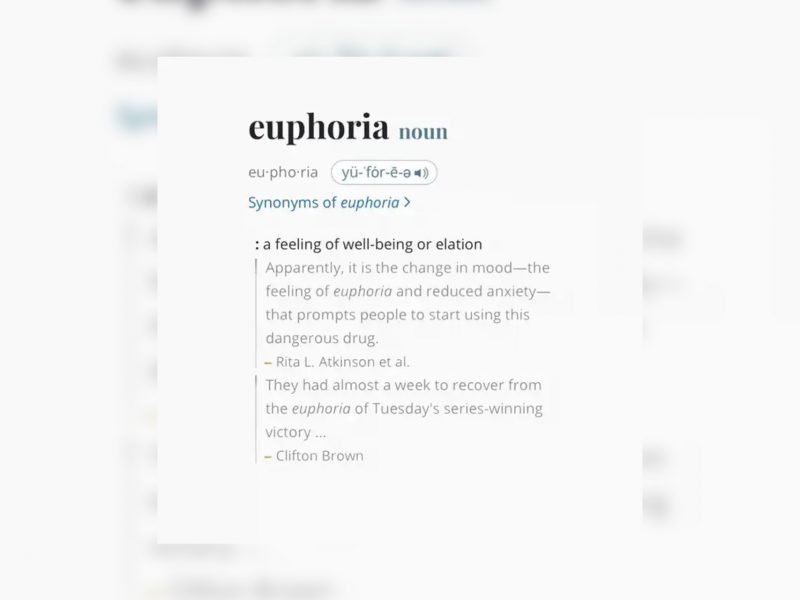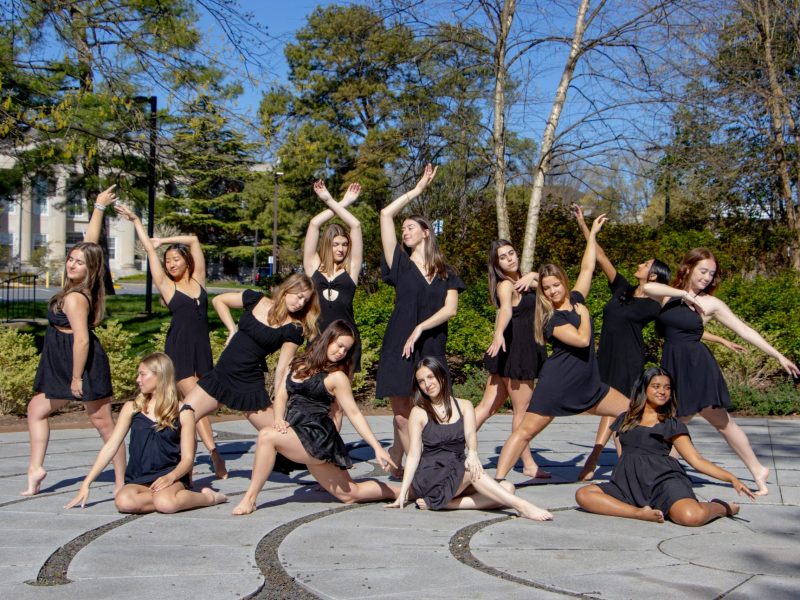“I once auditioned for a Subway sandwich commercial to play the role of ‘man who is unattractive to women.'”
Chris Gethard knows exactly how hard it is to try and make it as a comic writer and performer. For more than 16 years, he’s been climbing the industry ladder, all while dealing with suicidal thoughts, depression and alcoholism. This may not sound like a story fit for a 90-minute comedy special, but you’ll be laughing all the way through.
Career Suicide, which premiered on Saturday, is a one-man show starring Gethard. It narrates his journey from nervous college student in New Jersey to successful comedian with his own talk show and an HBO special. But his ascent to success is not the most important part of the story. The honest anecdotes drive the narratives about his struggle with severe depression and the roller coaster of emotions he felt while trying to survive young adulthood.
Gethard got his start in comedy when he began taking classes at the Upright Citizens Brigade Theatre, an improvisational training center that soon helped him become an improv wunderkind. It was there that he discovered his love for comedy and dedicated himself to a career in the arts — a decision he admits probably wasn’t the most helpful for his depression at the time. He traveled to Los Angeles, then back to New York City, where he eventually landed a guest writing job on Saturday Night Live, his longtime dream.
But what happens when you’re living your dream and you’re still not happy? How can you value and love your work and not allow it to define who you are or dictate your contentment? How do you tell your therapist that she probably shouldn’t go to your comedy show and then catch a ride home with your parents? These are the sorts of questions Gethard considers.
Suicide jokes are usually a poor choice. They’re the kinds of remarks that leave a bad taste in your mouth and can tank an entire performance. But in Gethard’s case, talking about topics such as suicide is central to his show, and is what sets it apart from other comedy specials. Most wouldn’t put suicide anywhere in their set; Gethard puts it in the title.
Gethard analyzes the darkest times in his life and finds little pieces of humor and hope in each scenario. He gives these heavier anecdotes time to breathe, allowing the more desolate stories their emotional due before coming at them from a comedian’s perspective. The special is able to confront these grim realities in a way that feels heartfelt and true while also somehow wildly funny. It’s a challenging balancing act that Gethard accomplishes flawlessly.
Hearing someone talk about these issues can be one of the most cathartic and helpful ways to accept that you may be dealing with them yourself. By choosing to address suicide and depression in his standup, Gethard is normalizing common disorders that, when not discussed, can be misconstrued as a sign of weakness. He’s telling the hard stories, the real stories.
Somehow, it’s these stories that are also the funniest.




